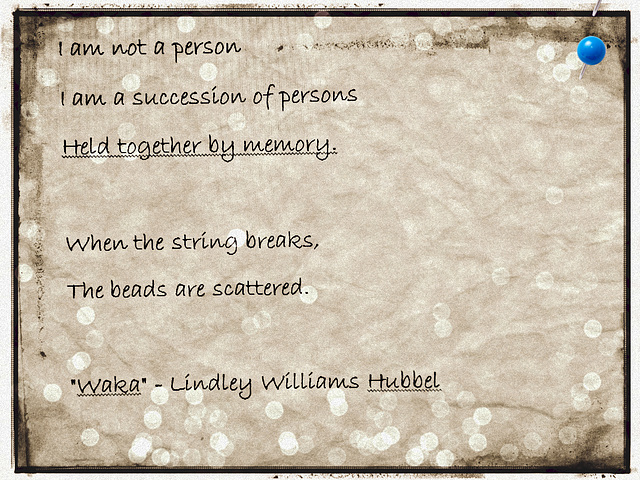Watlching sunlight
A survivor
Forsaken
My red headed friend
Woody peeping at the Camera
Autumn rain
Midst Autumn foliage
Abraham & Isaac as seen by Kierkegaard
Language Turth and Logic
Winter
Evening Breeze
Walden cabin - sounds
Self portrait
Walking in the rain
Summer morning
Conversation / Social beings
Eudaimonia ~ εὐδαιμονία [eu̯dai̯monía]
Circle
Learning the acrobatic ropes
Blue Jay
On a Summer afternoon
Eyes
Mourning Doves
CONSILIENCE
Ground Hog
"Hanging in there......"
CONSILIENCE
MORAL TRIBES
Keywords
Authorizations, license
-
Visible by: Everyone -
All rights reserved
- Photo replaced on 01 Oct 2014
-
125 visits
- Keyboard shortcuts:
Jump to top
RSS feed- Latest comments - Subscribe to the comment feeds of this photo
- ipernity © 2007-2024
- Help & Contact
|
Club news
|
About ipernity
|
History |
ipernity Club & Prices |
Guide of good conduct
Donate | Group guidelines | Privacy policy | Terms of use | Statutes | In memoria -
Facebook
Twitter



Epicurus’ view was that we consist of atoms (though what he meant by this term was a bit different from what modern scientists mean by it). Once these atoms come apart at death we no longer exist at individuals capable of consciousness. Even if someone could carefully put all the bits back together again later, and breathe life back into this reconstructed body wouldn’t be me, despite looking like me. I wouldn’t feel its pains, because once the body ceases to function nothing can bring it back to life. The chain of identity would have been broken.
Another way Epicurus thought h could cure his followers of their fear of death was by pointing out the difference between what we feel about the future and what we feel about the past. We care about one but not the other. Think about the time before your birth. There was all that time that you didn’t exist. Not just the weeks when you were in your mother’s womb when you might have been born early, or even the point before you were conceived but were just a possibility for your parents, but rather the trillions of years before you came along. We don’t usually worry about not existing for all those millennia before our birth. Why should anyone care about all that time that they didn’t exist? But then, if that’s true, why should we care so much about all those aeons of non-existence after death? Our thought is asymmetrical. We’re very biased towards worrying about the time after our death rather than the time before our birth. But Epicurus thought this was a mistake. Once you see this, you should start thinking of the time after your death in the same sort of way that you do the time before it.
Epicurus summed up his whole philosophy in his epitaph:
“I was not; I have been; I am not; I do not mind” Excerpts Pages 25 to 27
Sign-in to write a comment.